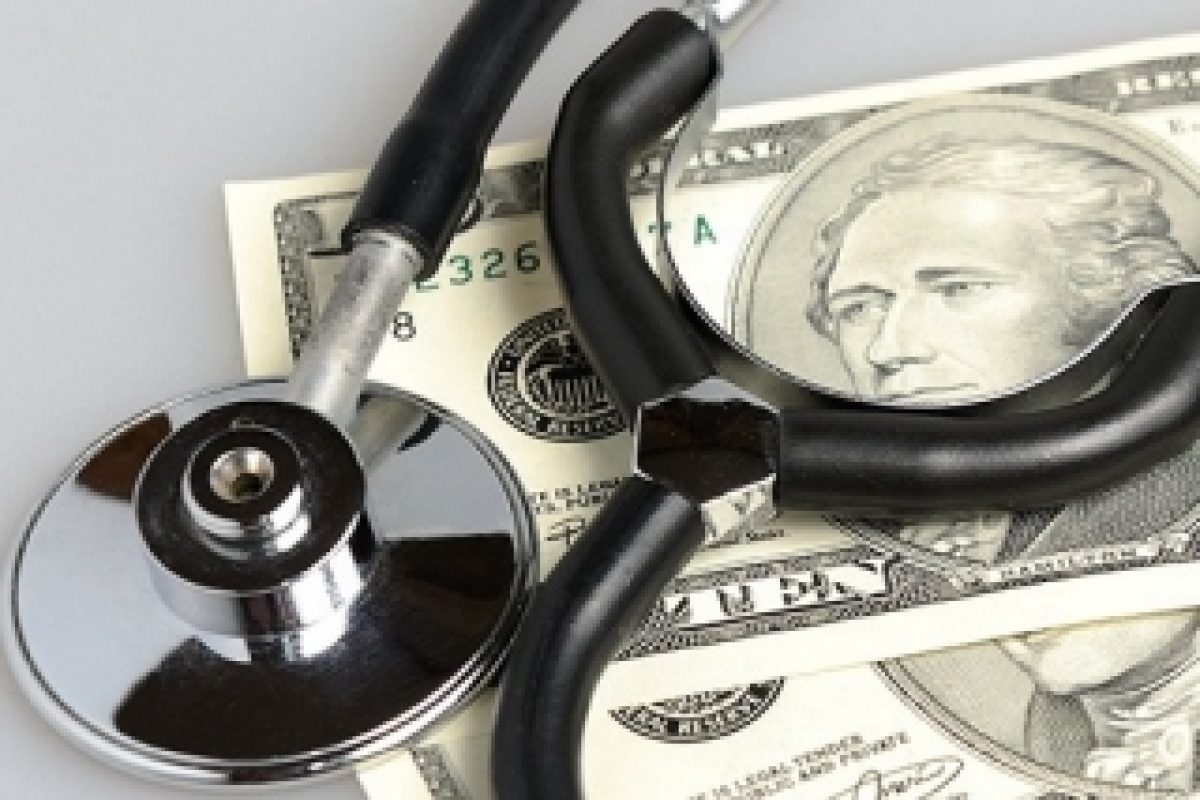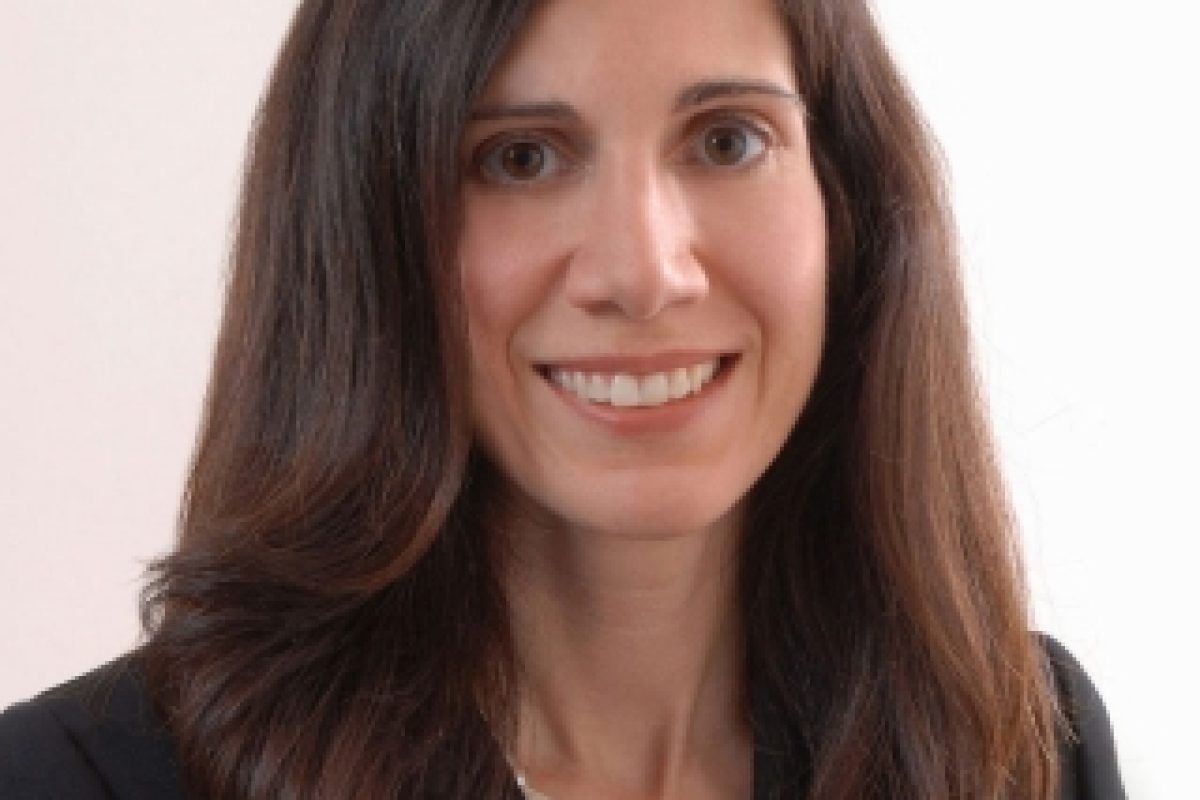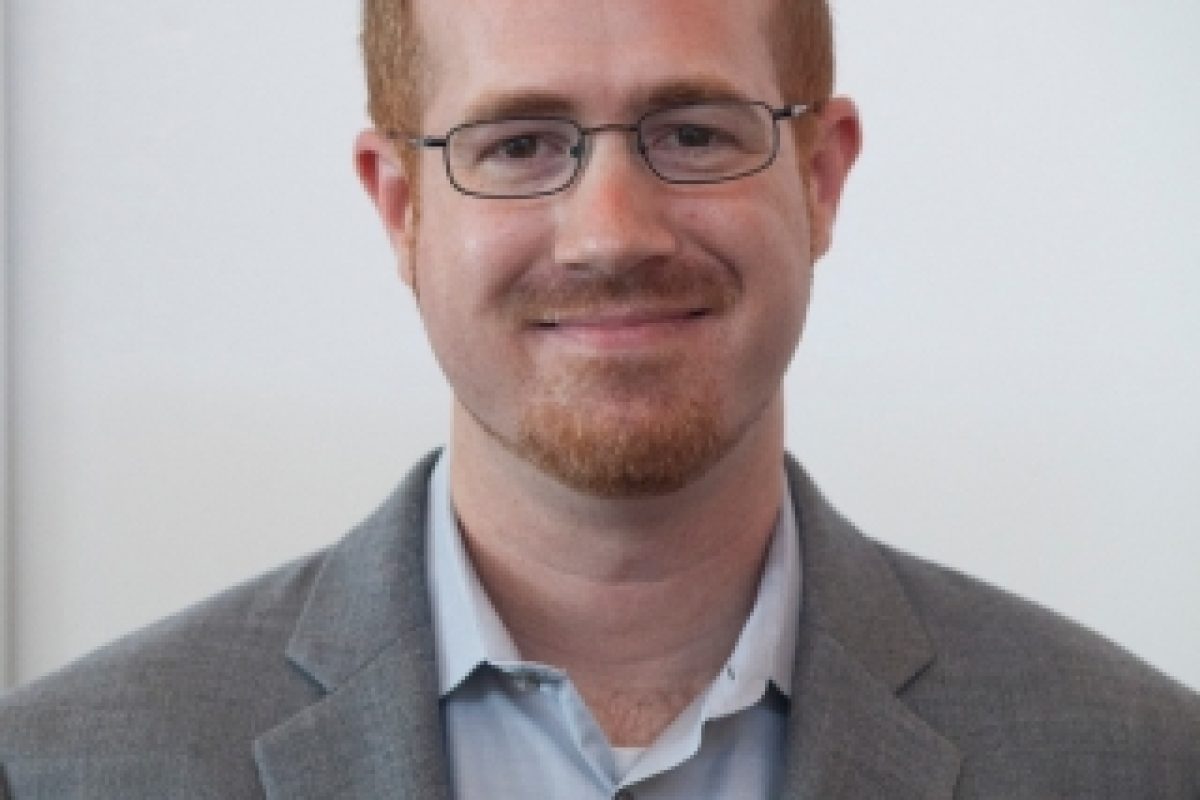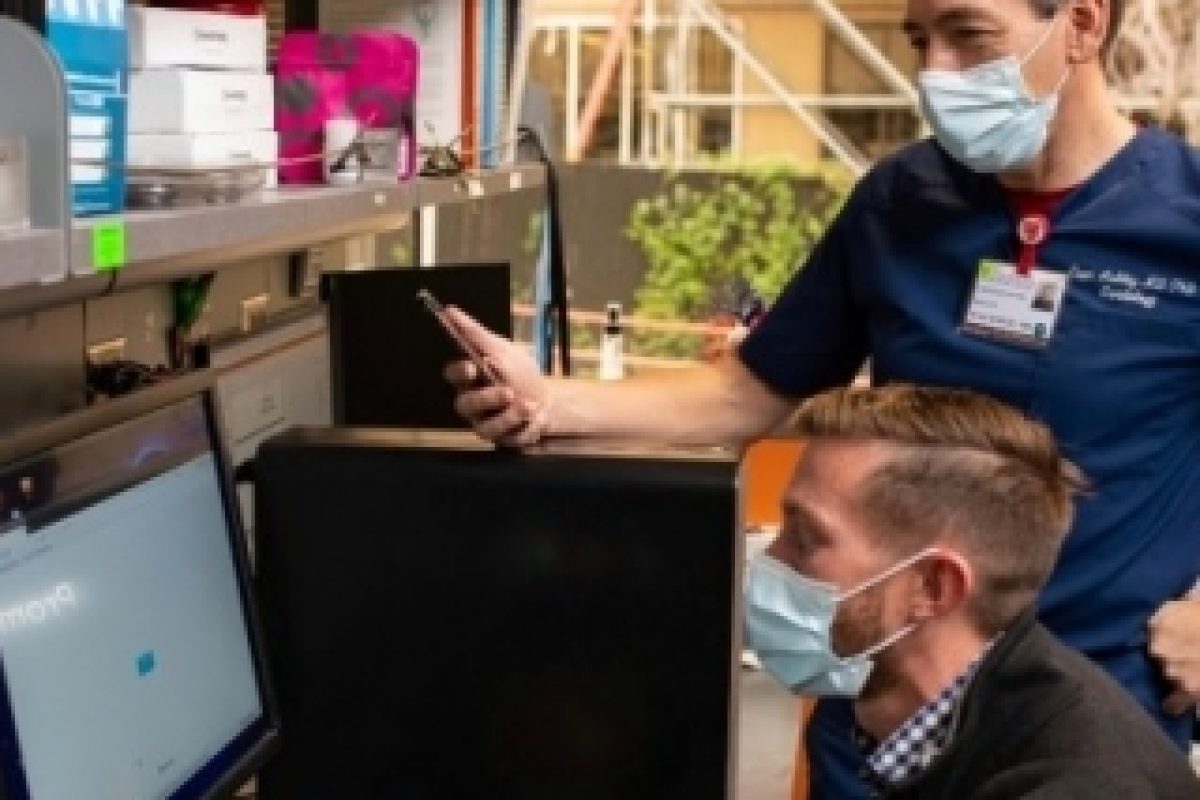“While the pandemic brought out the best in many people — including those who delivered food to elderly neighbors, sewed masks and risked their lives to care for afflicted patients — it also created opportunities for lawbreakers. Health care fraudsters took advantage of federal agencies’ and private insurers’ relaxed rules, which allowed patients to be treated without having to visit hospitals and clinics, said Tina Hernandez-Boussard, PhD, associate professor of biomedical informatics and of biomedical data science.”
The Cambridge Center for AI in Medicine and Director Mihaela van der Schaar hosted a special seminar by DBDS Chair Sylvia Plevritis. The recording is now available on YouTube.
“Checkpoint inhibition has revolutionized oncology, but unfortunately many patients given the strongest forms of this cancer therapy will experience severe side effects,” said Aaron Newman, PhD. “We wanted to know if we could use data science to determine in advance who will be vulnerable to these toxicities.” Newman is the senior author on a paper describing this research, published in Nature Medicine.
“A research effort led by Stanford scientists [including DBDS faculty researcher Euan Ashley] set the first Guinness World Record for the fastest DNA sequencing technique, which was used to sequence a human genome in just 5 hours and 2 minutes.





